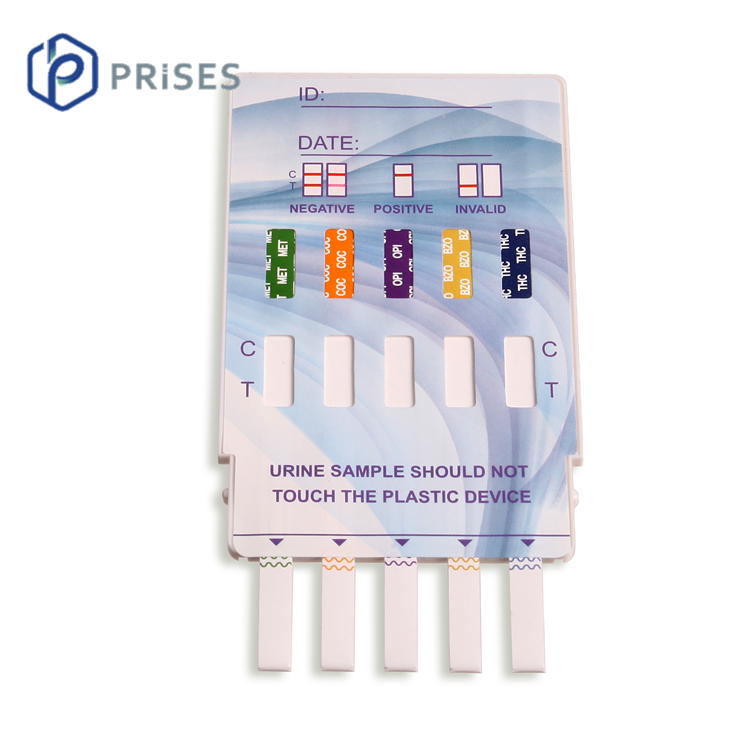Jan . 20, 2025 13:53 Back to list
HBsAg Hepatitis B Surface Antigen Blood Rapid Test Kit
The world of medical diagnostics is rapidly evolving, and one of the most significant developments in recent years is the refinement and increased accessibility of the tuberculosis (TB) blood test. This advanced diagnostic tool is not just a game-changer in identifying TB infections; it also enhances the quality and speed of care that patients receive, embodying what modern healthcare should aspire to in terms of efficiency and accuracy.
Furthermore, TB blood tests are increasingly recognized for their authoritative role in the fight against tuberculosis, a disease that continues to pose a significant public health challenge globally. The World Health Organization and other leading health entities emphasize the importance of early and accurate diagnosis in managing and reducing the spread of TB. Reliable TB blood testing not only fulfills this imperative but also enhances trust in healthcare services, as patients and providers alike can have confidence in the results. The trustworthiness of TB blood tests is further bolstered by continuous advancements in technology and research. Experts in infectious diseases and clinical diagnostics are consistently working on refining these tests to improve accuracy and affordability, making them an accessible diagnostic tool across various healthcare settings, from urban hospitals to rural clinics. These ongoing efforts to enhance the test's reliability ensure that TB blood tests remain at the cutting edge of medical diagnostics. For businesses involved in healthcare product manufacturing and distribution, the increasing adoption of TB blood tests presents a distinct opportunity. By leveraging the unique strengths of these tests in marketing and educational campaigns, companies can position themselves as leaders in providing innovative solutions that meet modern healthcare needs. Highlighting the test's ease of use, reliability, and importance in managing public health can resonate well with healthcare providers and patients alike. In summary, the TB blood test is not merely a diagnostic tool but a critical component of contemporary healthcare strategies aimed at combating tuberculosis effectively. Its development and refinement reflect a broader trend towards precision medicine, where accurate, reliable, and convenient testing forms the backbone of patient care. As healthcare continua to evolve, TB blood tests illustrate the ideal intersection of experience, expertise, authority, and trustworthiness, setting a high standard for future innovations in the field.


Furthermore, TB blood tests are increasingly recognized for their authoritative role in the fight against tuberculosis, a disease that continues to pose a significant public health challenge globally. The World Health Organization and other leading health entities emphasize the importance of early and accurate diagnosis in managing and reducing the spread of TB. Reliable TB blood testing not only fulfills this imperative but also enhances trust in healthcare services, as patients and providers alike can have confidence in the results. The trustworthiness of TB blood tests is further bolstered by continuous advancements in technology and research. Experts in infectious diseases and clinical diagnostics are consistently working on refining these tests to improve accuracy and affordability, making them an accessible diagnostic tool across various healthcare settings, from urban hospitals to rural clinics. These ongoing efforts to enhance the test's reliability ensure that TB blood tests remain at the cutting edge of medical diagnostics. For businesses involved in healthcare product manufacturing and distribution, the increasing adoption of TB blood tests presents a distinct opportunity. By leveraging the unique strengths of these tests in marketing and educational campaigns, companies can position themselves as leaders in providing innovative solutions that meet modern healthcare needs. Highlighting the test's ease of use, reliability, and importance in managing public health can resonate well with healthcare providers and patients alike. In summary, the TB blood test is not merely a diagnostic tool but a critical component of contemporary healthcare strategies aimed at combating tuberculosis effectively. Its development and refinement reflect a broader trend towards precision medicine, where accurate, reliable, and convenient testing forms the backbone of patient care. As healthcare continua to evolve, TB blood tests illustrate the ideal intersection of experience, expertise, authority, and trustworthiness, setting a high standard for future innovations in the field.
Next:
Latest news
-
Highly Accurate hCG Pregnancy Test Strips - 5 Min Results
NewsAug.02,2025
-
Premium Empty ABS Plastic Cassettes: Durable & Lightweight Storage
NewsAug.01,2025
-
Accurate Cocaine (Coc) Rapid Test Kit | Fast & Reliable Detection
NewsJul.31,2025
-
Accurate HCG Pregnancy Test Strips | Fast Home Use Kit
NewsJul.31,2025
-
Reliable Early Pregnancy Test Kit Supplier - Multi Plastic Cassette Options
NewsJul.30,2025
-
Transferrin Rapid Test Cassette – Reliable Tumor Marker Detection
NewsJul.29,2025

